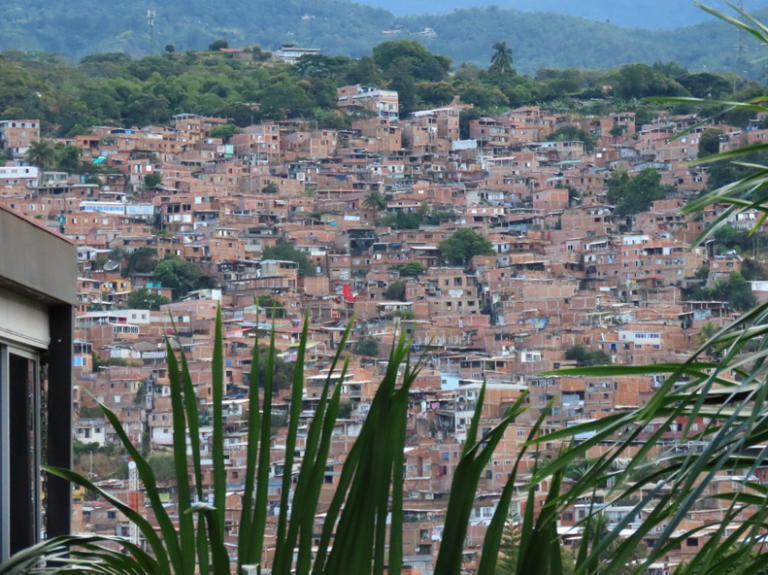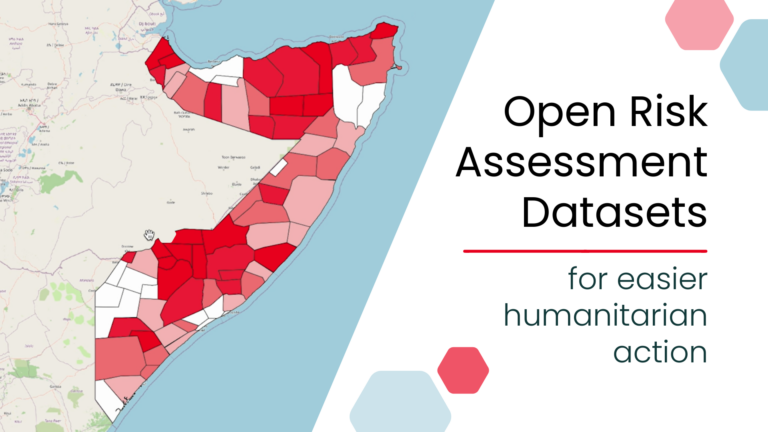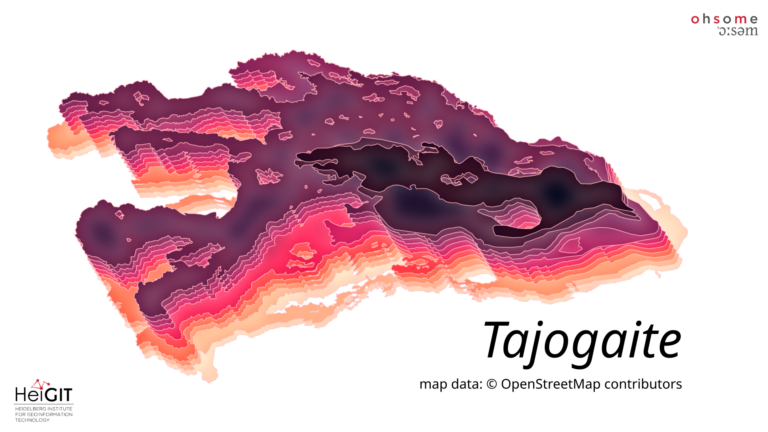Middle of May, Geneva becomes the gathering place for citizens, political leaders, government institutions, private sector, civil society, and scientific and technical institutions, that all jointly work towards a big objective – to manage disaster risk.
In line with the Sendai Framework, the conference is focusing on and strengthening the shift from the management of disasters to managing disaster risk.
Melanie Eckle of the HeiGIT team will already join the Multi-Hazard Early Warning conference (MHEQC) that is taking place May 13-14th. For the second time, the MHWC is organized by the International Network for Multi-Hazard Early Warning Systems, this year aligned with the 2019 Global Platform for Disaster Risk Reduction. As the name implies, the conference has a main focus on multi-hazard early warning and related information management, how to address current limitations and also join efforts to facilitate improved preparedness.
During the Global Platform itself, you can find us in the “Missing Maps: Community-powered resilience” booth (booth 6) on the Innovation Platform. Together with representatives of the Humanitarian OpenStreetMap Team, German Red Cross and the International Federation of the Red Cross (IFRC), Benjamin Herfort and Melanie Eckle of the HeiGIT team will provide insights into the work of the Missing Maps members, how to support and get engage and to make use of the Missing Maps workflow in their countries and workflows. Our specific contributions include information on OpenStreetMap and disaster related services like the openrouteservice for disaster management and the ohsome platform, as well as MapSwipe Analytics and related new developments around making use of MapSwipe for crowdsourced change detection.
Rebecca Firth (HOT) and Melanie Eckle (HeiGIT/HOT) will furthermore present Missing Maps at the Ignite Stage, Thursday 2:30 pm: “Missing Maps – mapping the bottom billion in a free and open map”. The presentation will complement the booth and will provide an engaging overview on the motivation for participating in and the impact of Missing Maps for disaster management – for both organisations and communities.





